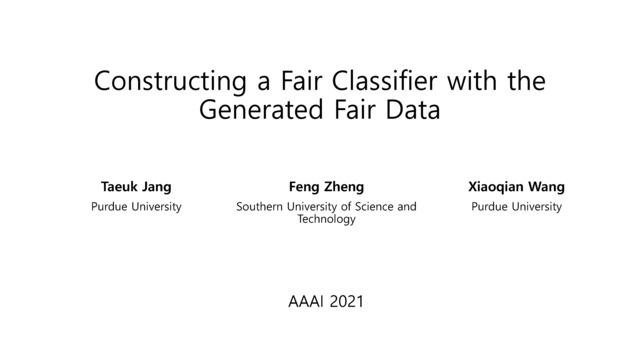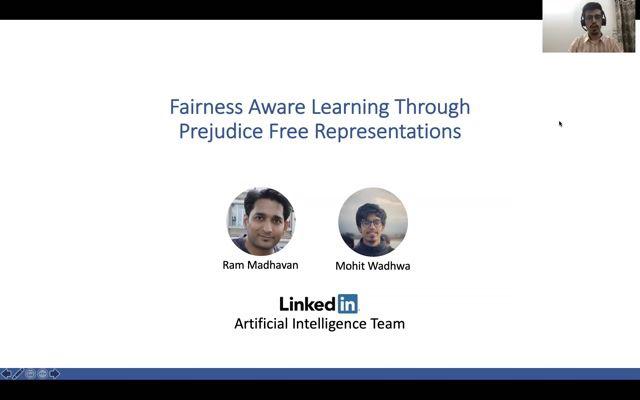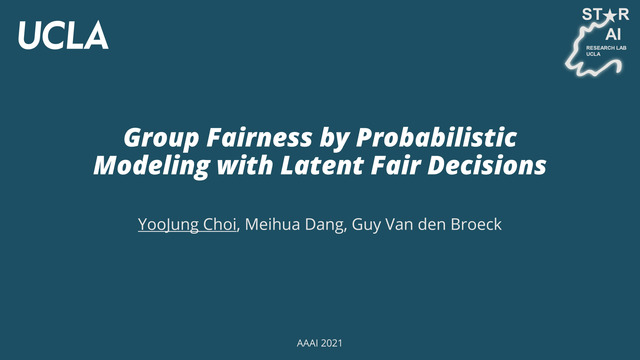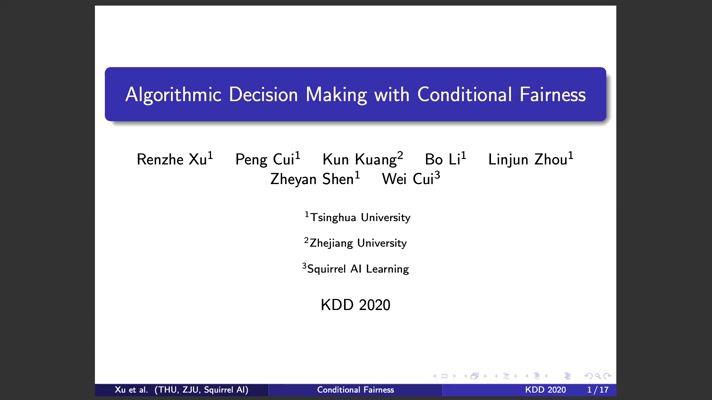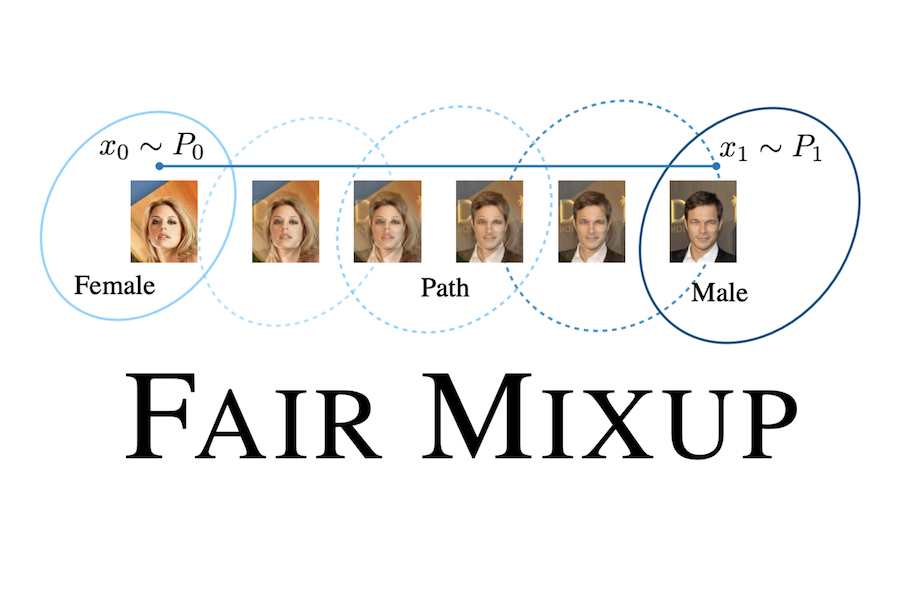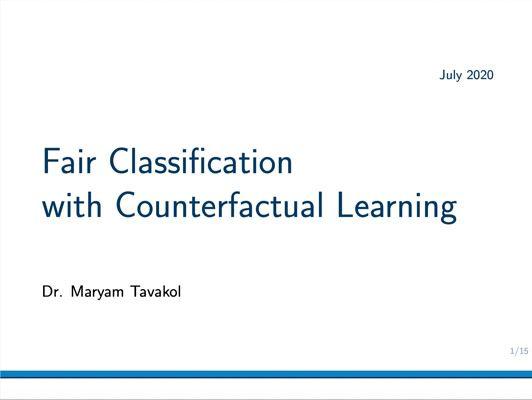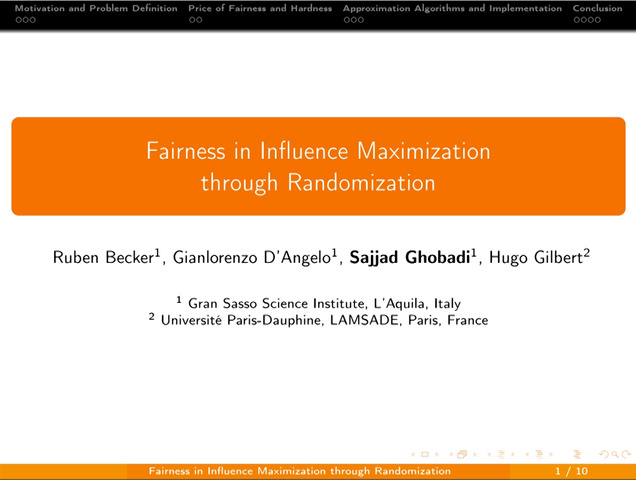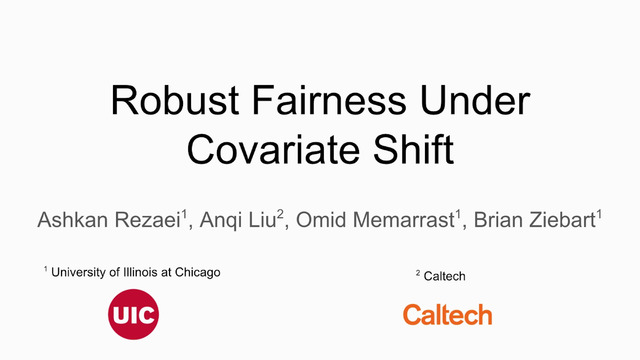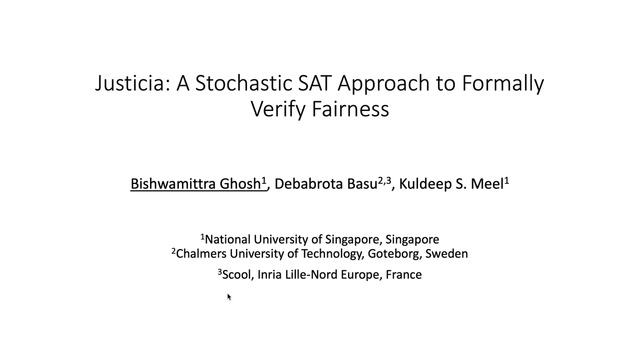Abstract:
Individual fairness was proposed to address some of the shortcomings of group fairness. Despite its benefits, it requires a task specific fairness metric that encodes our intuition of what is fair and what is unfair for the ML task at hand. Ambiguity in this metric is the main barrier to wider adoption of individual fairness. In this paper, we present two simple algorithms that learn effective fair metrics from a variety of datasets. We verify empirically that fair training with these metrics leads to improved fairness on three machine learning tasks susceptible to gender and racial biases. We also provide theoretical guarantees on the statistical performance of both approaches.










